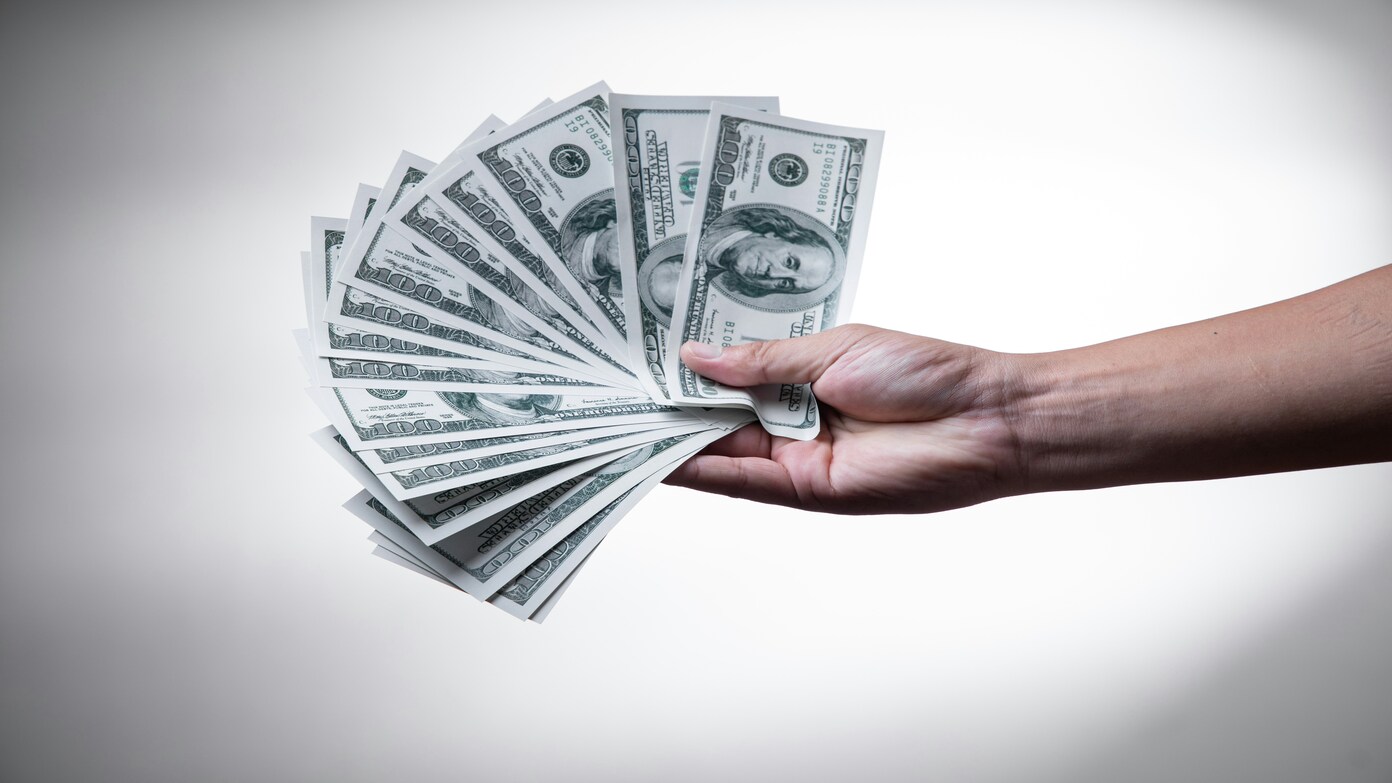A rare calendar twist means extra money for some workers
October is usually known for cooler weather, falling leaves, and Halloween fun. But for many Americans, this month also brings something even better—a little more money in their pockets. Thanks to the way the calendar falls, millions of workers will be getting three paychecks in October instead of the usual two.
Why do three paychecks happen
Most people who are paid every two weeks expect to receive two checks each month. However, the year actually has 52 weeks, which means 26 pay periods for biweekly workers. That does not divide evenly into 12 months.
As a result, at least two months every year end up with three paydays. In 2025, May was the first three-paycheck month. Now October is the second.
For workers paid weekly, this month is also special because it brings five paychecks instead of four.
October’s calendar trick
So how exactly does this happen? It comes down to the way the Fridays line up.
In October 2025, the first payday for biweekly workers fell on Friday, October 3. Two weeks later, the second payday lands on October 17. Then, the last Friday of the month, October 31, is another payday. That makes three checks in just one month.
But not everyone will get three checks. It depends on when you were last paid in September.
- If your last paycheck was September 26, your paydays are October 10 and October 24. That means you won’t see three checks this month.
- If your last paycheck was September 19, your paydays are October 3, 17, and 31. That means you will see three checks this month.
The next time this will happen for these workers will be January and July of 2026.
Third paycheck months explained
Here’s how it usually works out for biweekly workers:
- First group of workers: January and July are their three-paycheck months.
- Second group of workers: May and October are their three-paycheck months.
This rotation repeats every year, depending on where your pay schedule starts.
What should you do with the extra money?
Financial experts remind workers that this “extra” paycheck isn’t really a bonus. It’s just how the calendar works out. But it still feels like a little bonus, and you can use it to improve your finances.
Here are some smart ideas:
- Build an emergency fund
Life is full of surprises — like a car repair or medical bill. Using this paycheck to add to your emergency savings could help you avoid stress later. - Pay down debt
Credit card debt in the U.S. has reached more than $1.2 trillion. Using your extra paycheck to pay down high-interest debt can save you money in the long run. - Cover daily expenses
If you’re struggling with bills, rent, or groceries, this extra check can give you a little breathing room and help make the month easier.
Read this later: When will the final COLA adjustment for 2026 be announced? The October date with the final inflation data and the increase in Social Security…
Not the only extra payments this month
October is already busy for money matters. Some states are sending out special inflation relief checks, worth up to $400. In addition, some Social Security recipients are also receiving a rare double payment this month, worth up to $1,450, because of how the payment schedule falls.

